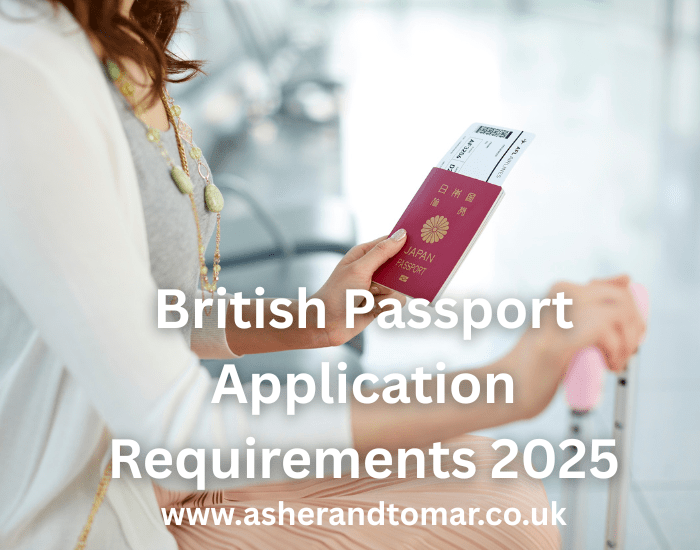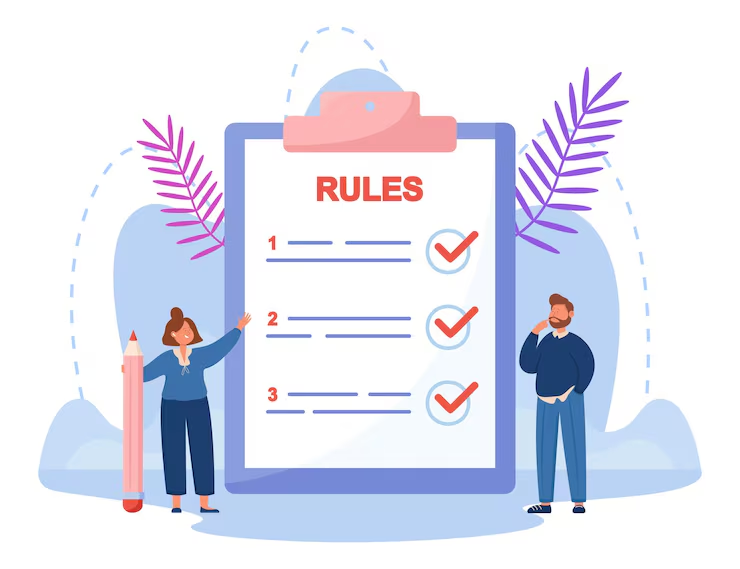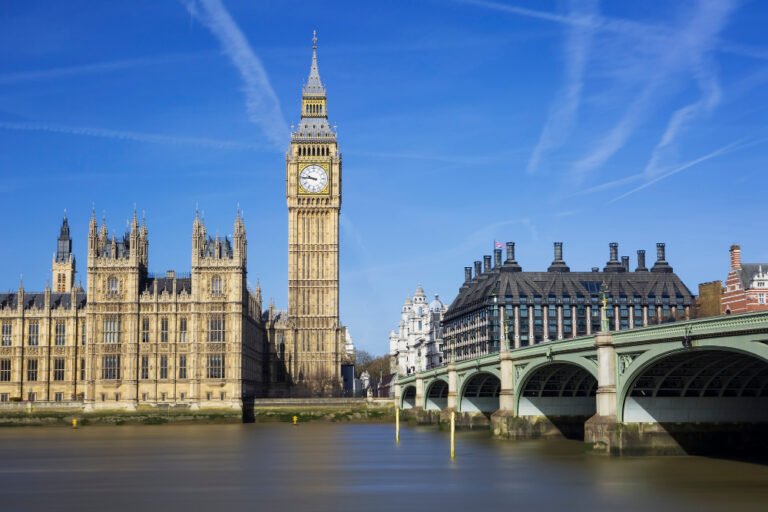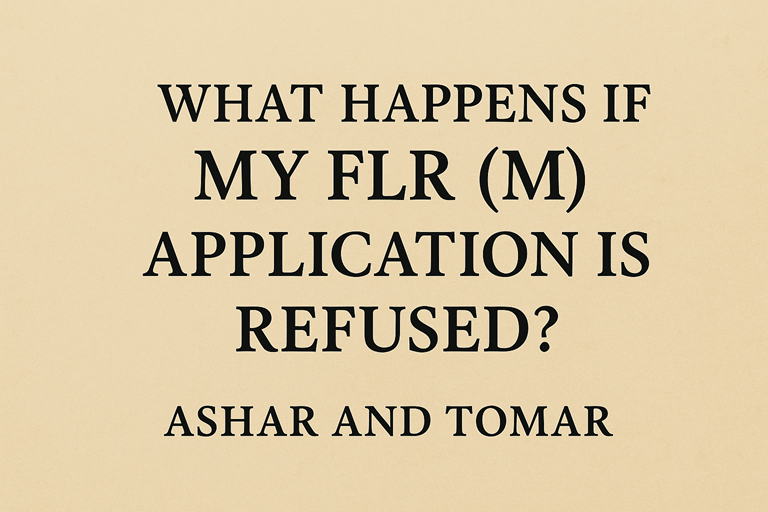Securing Indefinite Leave to Remain (ILR) in the UK is a significant milestone for many immigrants. This status allows you to live and work in the UK without any time restrictions and is often a stepping stone towards British citizenship. However, understanding the eligibility requirements for ILR can be complex. In this comprehensive guide, brought to you by Asher and Tomar, we will walk you through the essential criteria and processes involved in obtaining ILR.
Understanding Indefinite Leave to Remain (ILR)
Indefinite Leave to Remain (ILR) grants a person the right to live and work in the UK without any time restrictions. Unlike a visa, ILR does not expire, though it is essential to adhere to certain conditions to maintain this status. ILR is often pursued by those who have lived in the UK for a specified period under a visa and are looking to settle permanently.
Key Eligibility Criteria for ILR
To qualify for ILR, applicants must meet several criteria. The eligibility requirements vary depending on the type of visa or status you currently hold. Here’s a detailed look at the general requirements:
1. Residence Requirements
One of the primary criteria for ILR is meeting the residence requirements. Generally, you must have lived in the UK legally for a specified period, usually 5 years. However, the period may vary depending on your visa category:
- Tier 2 (General) Visa Holders: Must have lived in the UK for 5 years.
- Tier 1 Investor Visa Holders: Must have lived in the UK for 2 to 5 years, depending on the investment level.
- Spouse or Partner Visa Holders: Typically need to have lived in the UK for 5 years.
- Long Residence Route: For individuals who have lived in the UK legally for 10 years.
2. Lawful Stay
You must have been in the UK lawfully for the entire qualifying period. This means you should not have any gaps in your immigration status or periods of overstaying.
3. Knowledge of the English Language
Applicants must demonstrate a sufficient understanding of the English language. This is usually proven through:
- An English Language Test: Achieving a required score on an approved test.
- A Degree Taught in English: Having an academic qualification taught in English.
- Exemptions: Certain individuals, such as those from English-speaking countries or over a certain age, may be exempt.
4. Knowledge of Life in the UK
You must pass the “Life in the UK” test, which assesses your knowledge of British history, culture, and society. This test is essential for all ILR applicants.
5. No Serious Criminal Convictions
You must not have any serious criminal convictions. Minor offenses may not necessarily disqualify you, but serious or recent criminal records can impact your eligibility.
Application Process for ILR
Applying for ILR involves several steps. Here’s a breakdown of the process:
1. Check Eligibility
Before applying, ensure you meet all the eligibility requirements. This includes verifying your residency, language proficiency, and knowledge of life in the UK.
2. Gather Required Documents
Prepare all necessary documents, including:
- Passport or travel documents
- Proof of residency
- Evidence of your English language proficiency
- Results of the Life in the UK test
- Criminal record checks
3. Submit Your Application
You can apply for ILR online through the official UK government website. Ensure you fill out the application form accurately and submit all required documents.
4. Attend an Appointment
You may need to attend an appointment at a UK Visa and Citizenship Application Services (UKVCAS) centre. During this appointment, your biometric information (fingerprints and photograph) will be taken.
5. Wait for a Decision
Once you’ve submitted your application and attended your appointment, you’ll need to wait for a decision. Processing times can vary, but you can check the status of your application online.
Common Pitfalls to Avoid
While applying for ILR, be aware of common issues that can lead to delays or rejections:
- Incomplete Documentation: Ensure all required documents are included and up-to-date.
- Overstaying Visas: Avoid any gaps in your visa status.
- Inaccurate Information: Provide accurate and truthful information in your application.
FAQs
1. What is Indefinite Leave to Remain (ILR) in the UK?
Indefinite Leave to Remain (ILR) is a form of permanent residency that allows you to live and work in the UK without immigration restrictions. It’s often the final step before applying for British citizenship.
At Asher & Tomar Solicitors, we guide clients through every stage of the ILR process, from eligibility checks to document preparation and submission.
2. Who is eligible to apply for Indefinite Leave to Remain in the UK?
You may be eligible for ILR if you have lawfully lived in the UK for a qualifying period, usually:
- 5 years on a valid visa (e.g. Skilled Worker, Spouse, or Family visa), or
- 10 years under long residence.
You must also show continuous lawful residence, good character, English language ability, and pass the Life in the UK Test.
Our experts at Asher & Tomar assess your full immigration history to confirm your eligibility before applying.
3. What documents are required for an ILR application?
The required documents vary depending on your visa type, but generally include:
- Current passport and Biometric Residence Permit (BRP)
- Proof of residence (e.g. tenancy, bills, bank statements)
- Evidence of income or employment
- English language test certificate
- Life in the UK Test pass certificate
At Asher & Tomar Solicitors, we provide a detailed, case-specific checklist and help you prepare strong supporting evidence for a successful ILR application.
4. Can time spent on different visas count towards ILR eligibility?
Yes — in some cases, you can combine time spent on different visa categories to meet the 10-year long residence route. However, if applying under a specific 5-year route (e.g. Spouse or Skilled Worker), only time under that visa category counts.
Our team at Asher & Tomar reviews your immigration record to confirm which route applies and how to build a strong timeline for your ILR application.
5. What happens if my ILR application is refused?
If your ILR application is refused, you may be able to appeal, request an administrative review, or reapply depending on the reason. Common reasons for refusal include missing documents, breaks in residence, or incorrect forms.
At Asher & Tomar Solicitors, our immigration experts review refusal letters, identify issues, and represent you in appeals to help you achieve permanent settlement in the UK.








